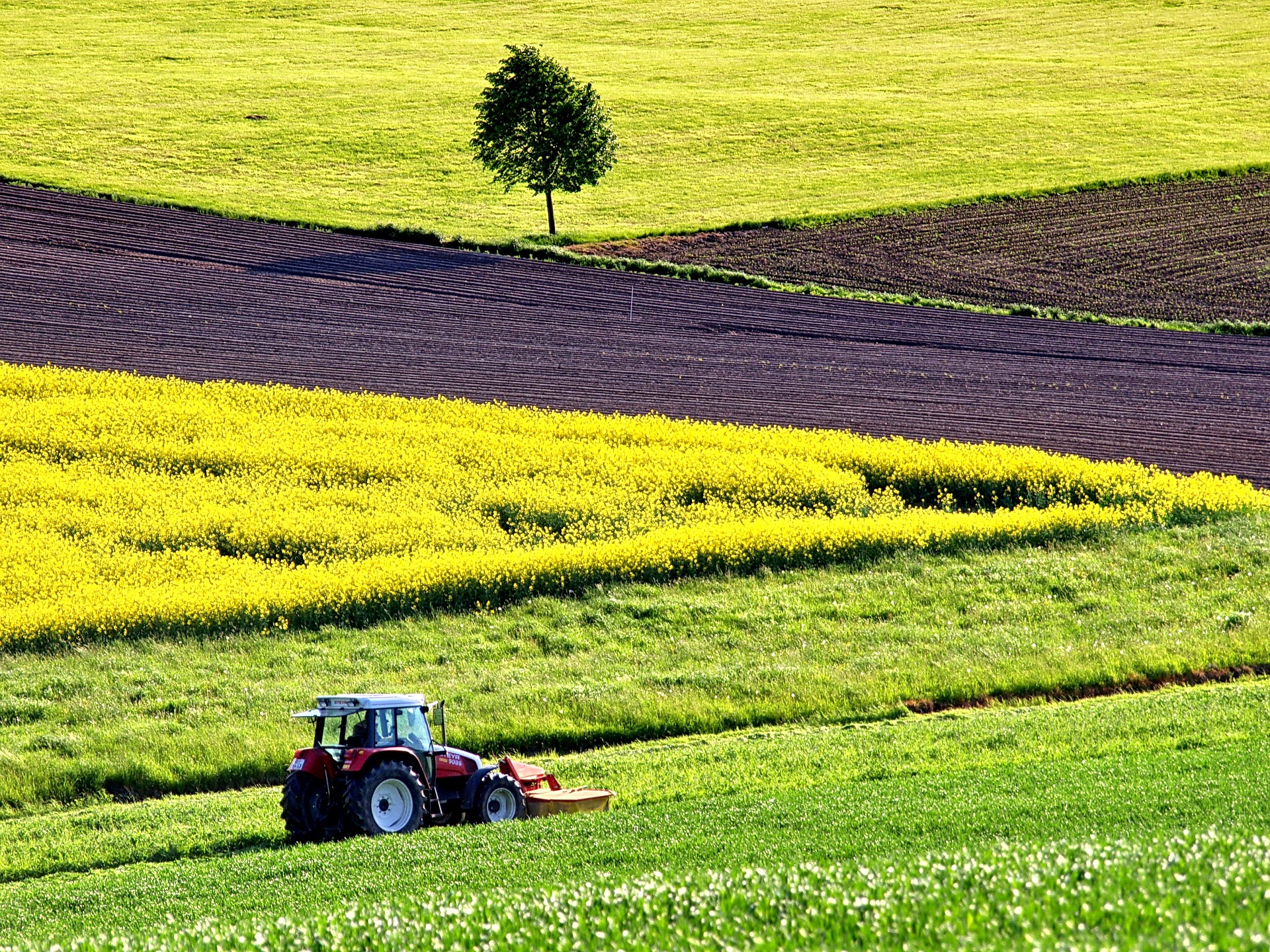Agriculture Victim of, Solution to Climate Change
Published: November 18, 2016
Diplomatic wrangling this week will make the headlines in the fight against climate change, but experts say a bigger but largely unseen battle is set to unfold on the world’s farms.
Agriculture holds the double distinction of being highly vulnerable to climate change but also offering a solution to the problem, they say.
In a report ahead of the November 7-18 UN climate talks in Marrakesh, the Food and Agriculture Organisation (FAO) had a blunt warning about the risks to the food supply from drought, flood, soil depletion, desertification and rising demand.
“There is no doubt climate change affects food security,” the agency’s chief, Jose Graziano da Silva, said.
“What climate change does is to bring back uncertainties from the time we were all hunter gatherers. We cannot assure any more that we will have the harvest we have planted.”
Crop volatility has been felt acutely this year, partly through El Niño—a weather phenomenon whose impact is seen by many scientists as a reflection of what future climate change may look like.
Harvests fell sharply in the breadbaskets of Latin America, North Africa and Europe, hit by exceptional drought or floods.
Over the coming dozen years or so, according to last month’s FAO report, farmers in developing countries will be the ones who bear the brunt of rising temperatures.

